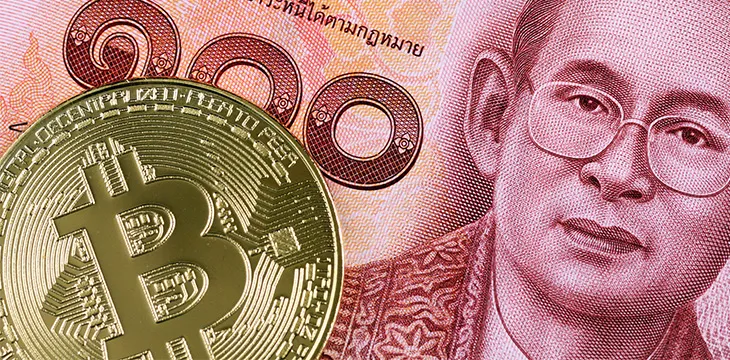|
Getting your Trinity Audio player ready...
|
The revenue department in Thailand has become the latest government body to turn to blockchain technology, after it announced plans for tackling tax avoidance and investigating fraud.
As reported in the Bangkok Post, the department’s director general Ekniti Nitithanprapas said the revenue would combine blockchain with machine learning technology, to improve both the efficiency and accuracy of probes into suspicious tax affairs.
Crucially, the technology will automatically reconcile tax information and identify irregularities, based on common tax avoidance methods. The system will also allow for quicker tax refunds, as well as providing greater transparency throughout the tax system.
The director general has previously highlighted blockchain technology as one of several key research focuses for the department, along with big data and a wholly digital tax collection system.
While these remain priorities for the revenue department, the specific disclosures around the tax platform indicate this is likely to be high on the government’s list.
Blockchain technologies are becoming increasingly mainstream in government agencies and departments, as well as organisations of all sizes in the private sector.
The tax avoidance use case described by the Thai authorities is one of countless possible ways blockchain and distributed ledger technology can be deployed.
The revenue department announcement comes just weeks after the Ministry of Commerce announced plans for its own blockchain applications, scheduled across the likes of trade finance, agriculture and copyright.
The moves coincide with an increasing push from big business in Thailand towards exploring blockchain tech. In October, Siam Commercial Bank teamed up with Accenture to deliver a blockchain platform for simplifying supply chains.
With significant efficiency gains on offer through the new system for the tax authorities, it looks likely that these plans will come to fruition—in a move that could serve as a case study for government agencies elsewhere in future.
As one of the stated main priorities of Thai authorities, it remains to be seen how quickly the new system can be rolled out—and whether it offers the benefits the government expects.

 07-12-2025
07-12-2025 





